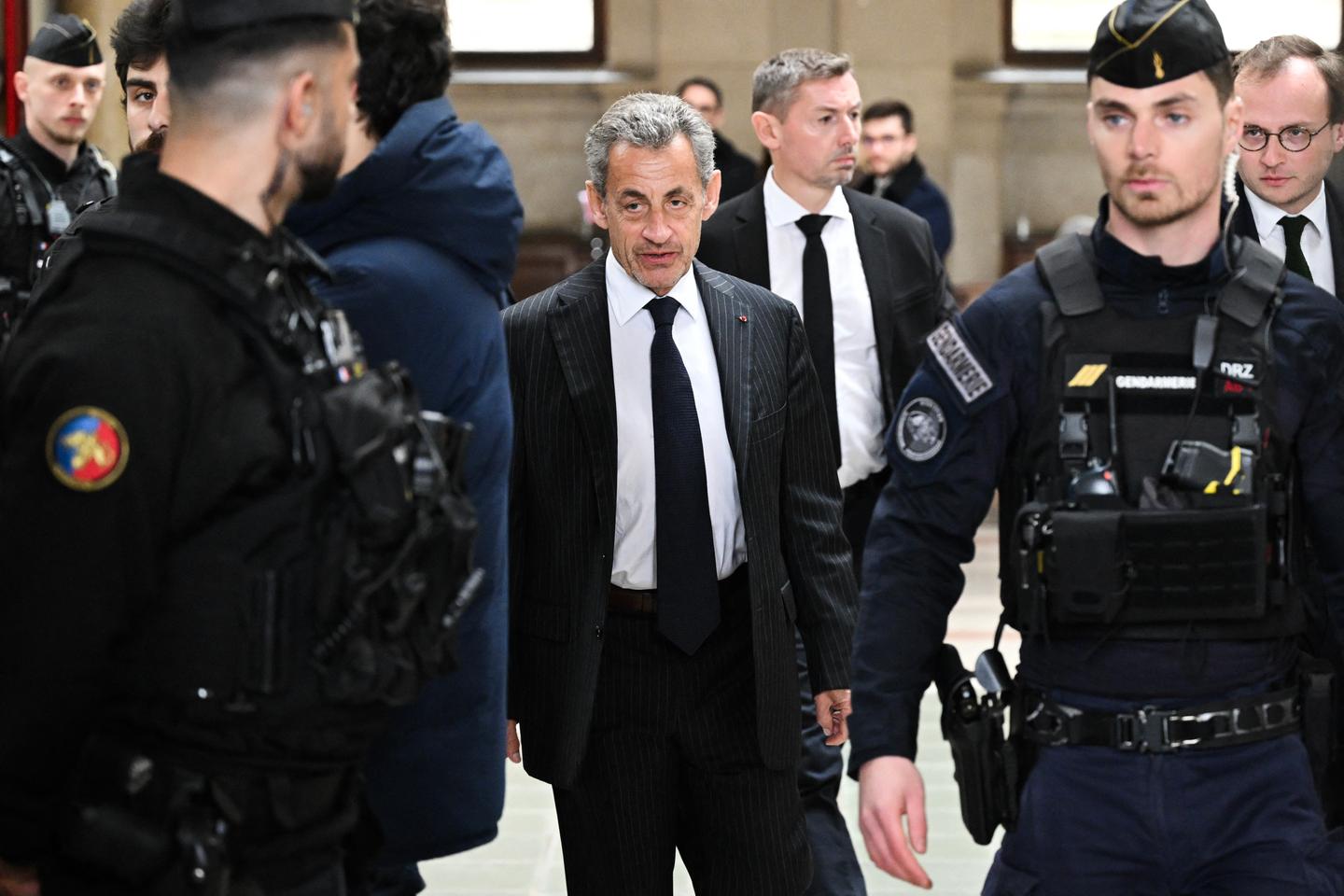Nicolas Sarkozy’s sentencing to prison in the so-called “Paul Bismuth” corruption case is an earthquake. It is the first time under the Fifth Republic that such a heavy sentence has been handed down to a former president for such serious offenses – corruption and influence peddling – at the end of a judicial process that took him from the Criminal Court to the Cour de Cassation, France’s highest appeals court. His appeal was rejected on Tuesday, December 17, making his sentence final: Three years’ imprisonment, two of which were suspended and one that was to take the form of home detention with an electronic tag allowing his movements to be monitored.
What this incredible case, which dates back to 2014, reveals contrasts with the level of influence that Sarkozy was able to maintain. The former head of state who delivers his geopolitical lessons on the international stage is the same man who used a secret telephone line registered under a false name – Paul Bismuth – to talk with his lawyer friend because he feared that his official line was being tapped. The man who now boasts of whispering in Macron’s ear is the same man who, together with the aforementioned lawyer, envisaged a “corruption pact” with a senior judge at the Cour de Cassation, to obtain information and attempt to influence an appeal he had lodged in another corruption case.
True to his strategy, the former president, as soon as his conviction was confirmed, claimed his innocence, denouncing “the rights of the defense flouted” in the context of “12 long years of judicial harassment.” But taking the case to the European Court of Human Rights, as he said he would do, does not prevent him from serving his sentence. It also places him in the unenviable position of a former head of state who, having represented and defended France, is now seeking to have it condemned.
Surrounded by legal cases
At almost 70, Sarkozy is surrounded by legal cases. In the trial concerning suspicions of the Libyan financing of his 2007 presidential campaign, which will open in January 2025, he faces ten years’ imprisonment and a five-year ban on running for office. The political prodigy who, in 2007, embodied the renewal of the right, the man who succeeded in rolling back the far right in the same election, has been reduced to the most questionable aspect of his personality. It’s not certain that he’s taken the full measure of it.
But that’s not the worst part. A trained lawyer, Sarkozy is, of all political leaders, the one who has most intertwined his political battle with the fight against the judiciary. False leads and dismissals have allowed him to give credence to the idea that, since the start of his political rise, he has been the target of conspiracies (like in the Clearstream tax evasion case) or the victim of the judges’ relentlessness (Bettencourt affair).
The unfriendly comments he made about the judiciary as soon as he was elected president gave credence to the idea that he didn’t like them and that the feeling was mutual. By posing as a victim, he succeeded in galvanizing his supporters and dragging the right into a worrying drift. Among the conservative Les Républicains party, the judiciary does not get good press, and the rule of law is less and less highly regarded.
Admittedly, judges are not infallible, but systematically challenging their power as France is going through great democratic turmoil is problematic. Threatened with a ban from running for office in the fake jobs case against her far-right party’s European parliamentary assistants, Marine Le Pen is allowing herself to destabilize the political scene by concealing the gravity of the facts of which she is accused. Political leaders are not above the law.
